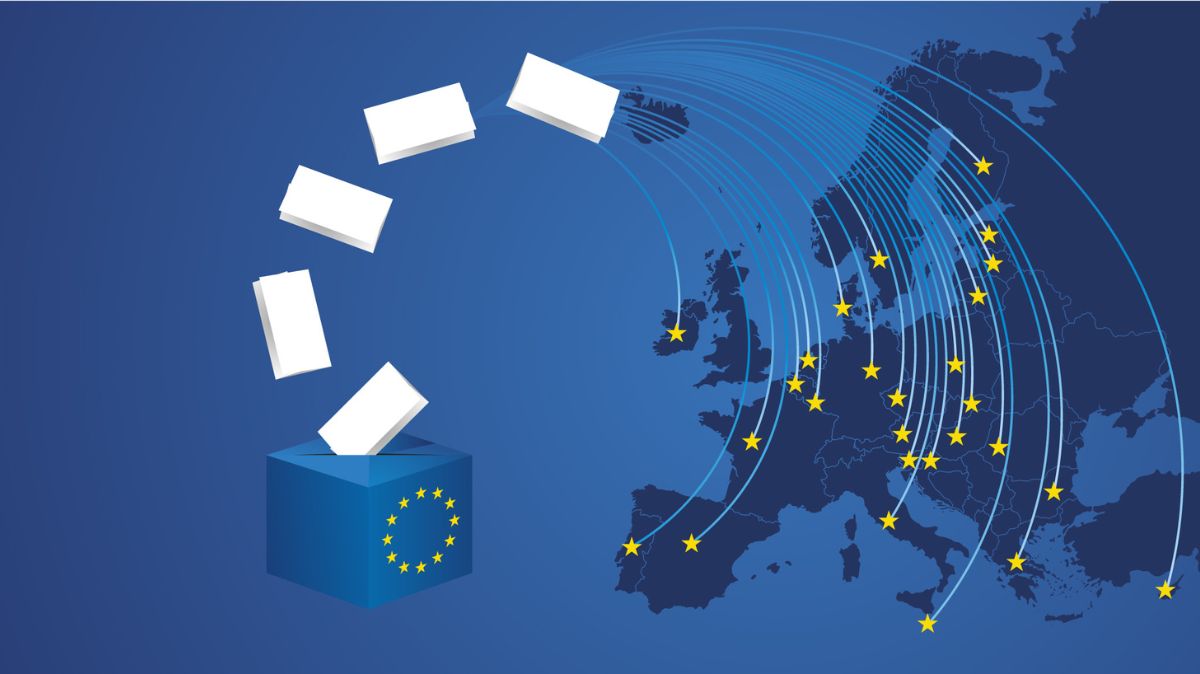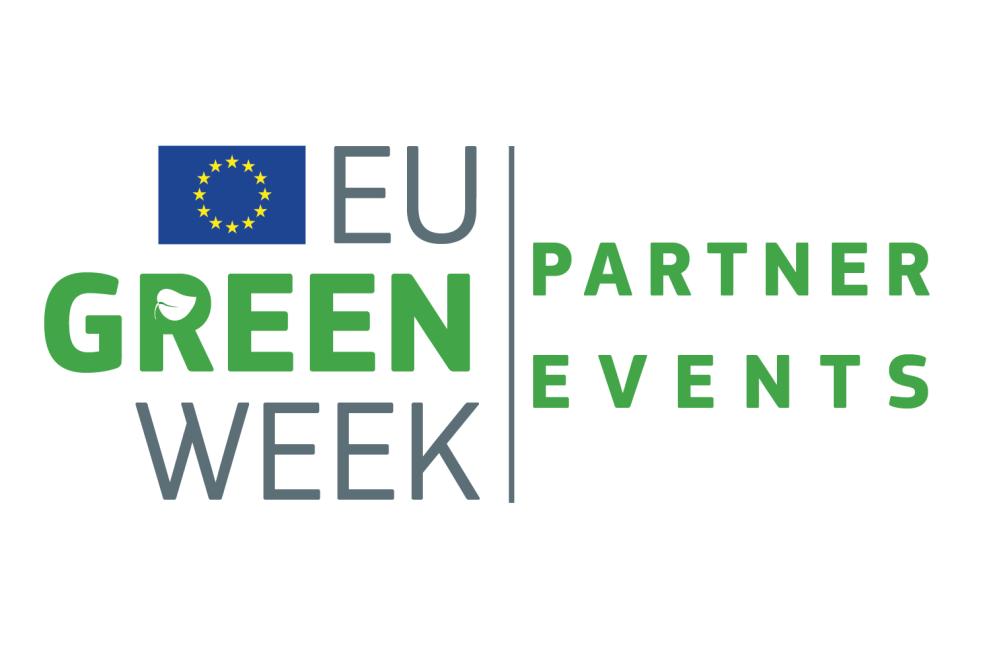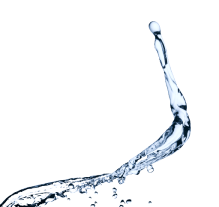Can you please introduce your association and describe the role that water plays in your work?
Cefic, the European Chemical Industry Council, is the forum for large, medium and small chemical companies across Europe. We offer monitoring and networking opportunities, aggregating and reviewing scientific evidence, and provide support on technical and scientific matters.
Water is not only vital for the chemical industry but also one of the most precious resources and a key raw material. It is an indispensable resource at various stages of chemical production and is used extensively for cooling and heating operations, in distillation, and as part of preparation of solvents and other substances. Water is integral to the production process itself, and facilitates the transport of supplies to production sites and products to the market. Moreover, our chemical sector provides important solutions through innovative products, technologies, and services that enable more sustainable water management in chemical and other related process industries sectors.
At Cefic, we are acutely aware of the critical role water plays and the challenges associated with it, particularly in the context of climate change and regulatory developments. Companies are working to evaluate the impact of their operations on the environment and assess how climate change affects their ability to operate efficiently. The growing concerns over water scarcity and water quality have made sustainable management a strategic priority for the chemical industry, driving its commitment to advancing practices in this area.
We are dedicated to ensuring a clear and transparent dialogue with institutions and policymakers, for policies that support sustainable water use and management practices that safeguard our environment while ensuring the chemical sector’s continued growth and innovation. We believe that a holistic view of the legislation, encompassing all the sectors, can ensure the safe management of EU water resources.
The World Resource Institute predicts a 56% gap between water supply and demand by 2030. Water stress is also perceived among the main global risks, highlighting the need to move away from temporary measures to systematic, risk-based management. How are the current water risks perceived in your sector, and what policies/regulations do you consider important for addressing these risks?
Water-stress risks have already impacted our sector, especially in regions facing intensifying water scarcity. In these areas, limited water availability is becoming a critical constraint, affecting operational efficiency. The perception of water risks varies significantly across Europe, due to local and seasonal variations. Addressing this complexity requires a nuanced approach to water management, tailored to the specific needs and challenges of each region.
In response to these challenges, our industry has proactively adopted comprehensive water management principles, focusing on key strategies such as: recycling water to maximize its use, reducing overall water use and consumption wherever feasible, and enhancing water efficiency across all operations. Enhancing cross-sectoral collaboration locally is a crucial next step.
National chemical associations are bolstering these efforts through learning networks, guidance, best practices sharing, and identifying savings opportunities at the company level.
These strategies are bolstered by a strong commitment to adhering to existing water use and management regulations.
The goal is to effectively address water stress and ensure the security of future water resources. This vision aligns with the transition towards an efficient approach to water use by industry, that not only addresses water stress but also enhances economic competitiveness through sustainability.
Collaboration and innovation are at the heart of building a Water-Smart Society. How does your organization actively support collaboration and innovation within your sector to improve environmental performance, competitiveness across the value chain? Could you provide specific examples of your efforts in this regard, particularly related to water?
The European chemicals industry is aligned with the Green Deal’s emphasis on resource efficiency and a circular economy. We need to change how we produce and what we produce in less than 30 years. Implementing technologies and processes that reduce water use and increase recycling and reuse within industrial operations are intrinsically linked with these goals. A fully integrated European Industrial Deal that complements the Green Deal is the only way to restore global competitiveness alongside sustainability.
Our sector is at the centre of innovation, acting both as a consumer and as an innovation provider to many value chains. We strive to minimise, reuse and recycle water, while also offering efficient solutions that support sustainable transitions at all stages of the product’s life cycle.
Through the Responsible Care initiative, for example, we are committed to improving our environmental performance, using resources efficiently, and minimizing waste.
Moreover, the chemical industry is crucial in securing access to safe and clean water; the chemicals and membranes we develop and manufacture are indispensable for water treatment and purification processes.
Cross-sectorial collaboration can enable the chemical industry to innovate new water management solutions and assist others in reducing their environmental footprints.
Would a water strategy be relevant for your sector to strengthen competitiveness and reduce potential disruption on the value chain by ensuring water resilience, security, and sustainability?
Ensuring water resilience, security, and sustainability is crucial for strengthening our competitiveness and minimising disruptions in the value chain. Through strategic planning and proactive measures, we can protect our operations from future uncertainties.
Our strategies should resonate with the principles of the European Industrial Deal, as outlined in the Antwerp Declaration, promoting an integrated approach to aligning competitiveness with Europe’s sustainability goals, while tackling environmental challenges.
Besides that, as previously stated, we need to look beyond single directives. A holistic approach that includes all sectors is essential for the sustainable and effective management of EU water resources.
Any measures or strategy should incentivize businesses to continue optimizing water use and adopting best practices in water stewardship. Furthermore, they should highlight the importance of collaboration in sustainable water management.




